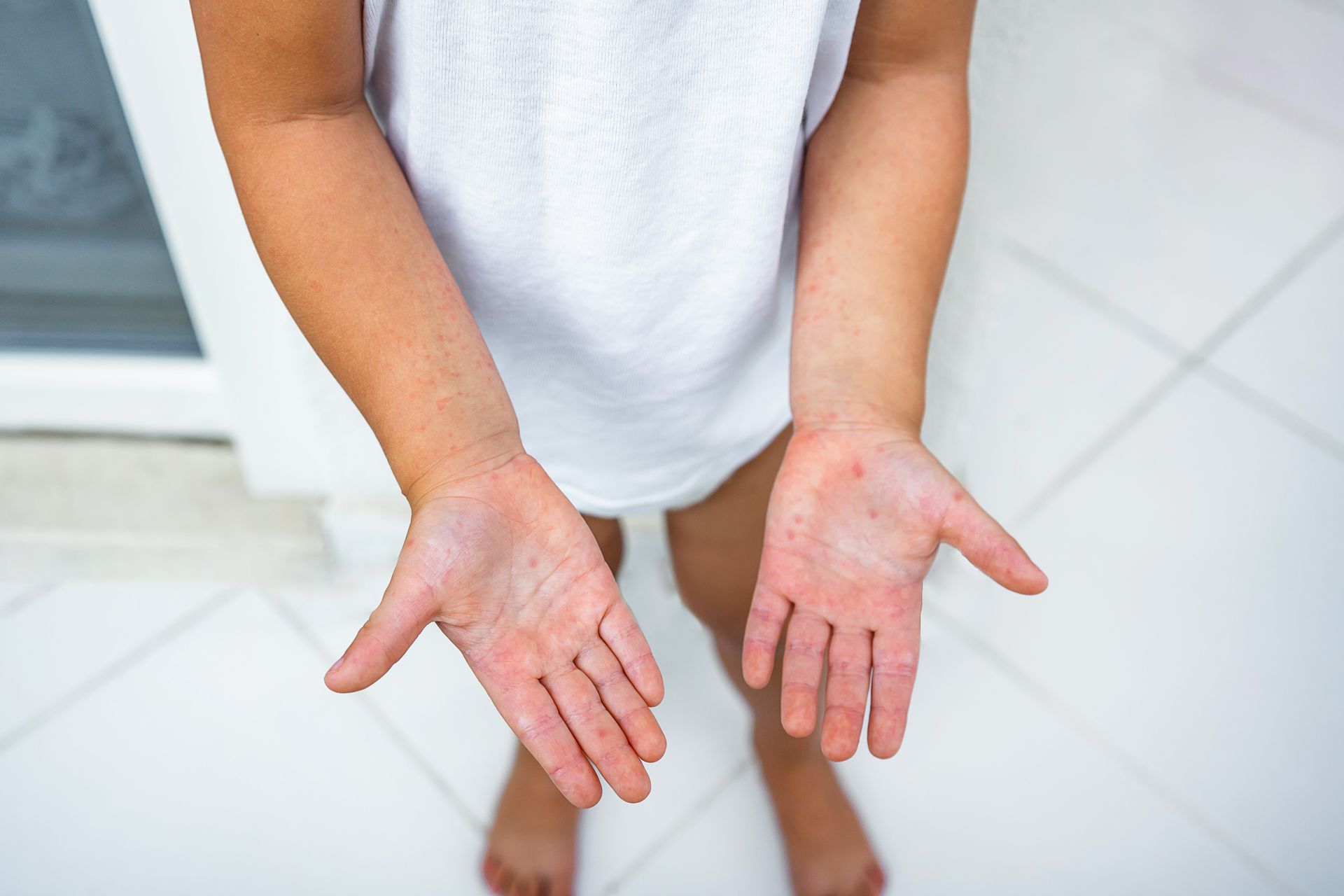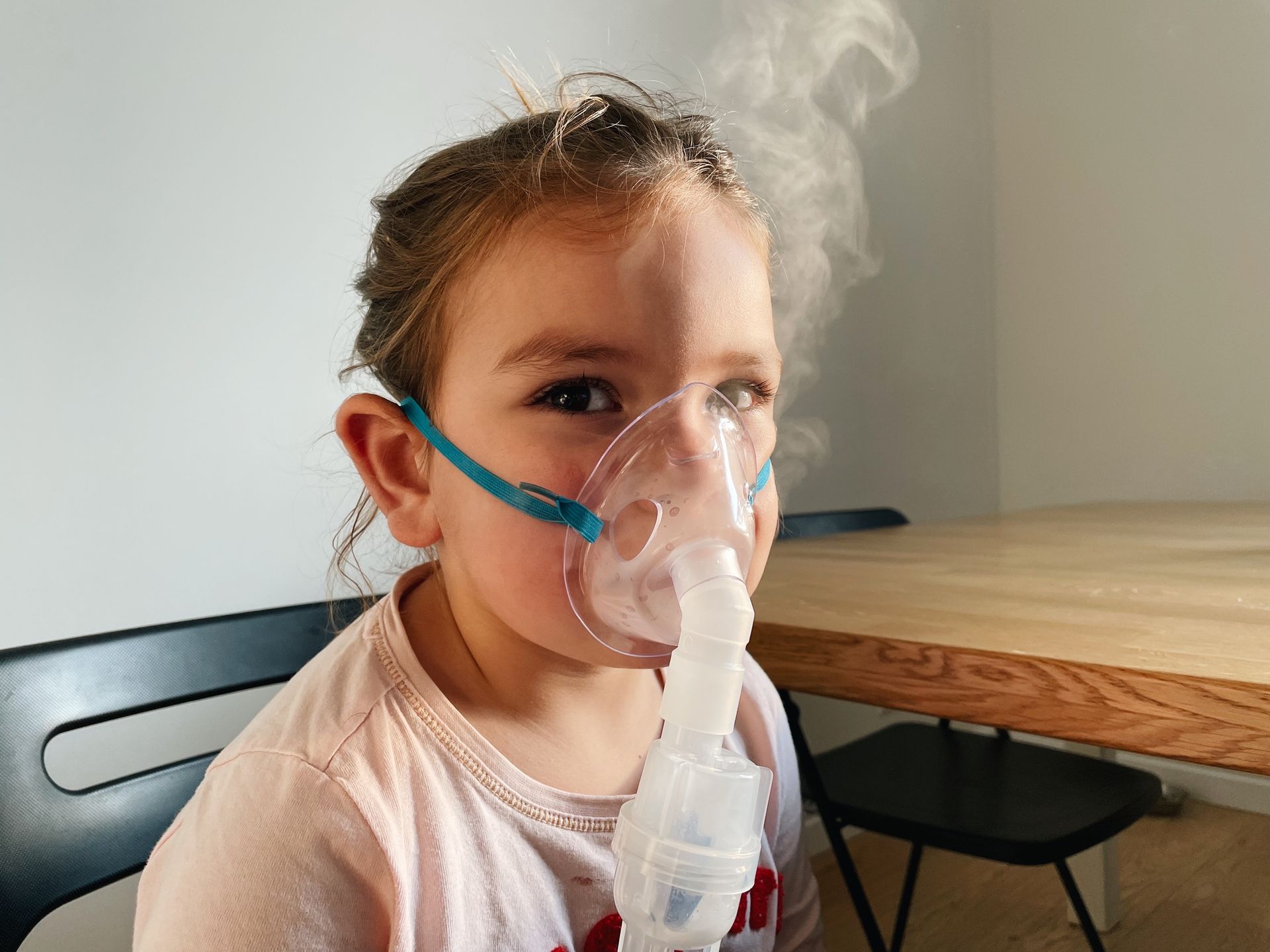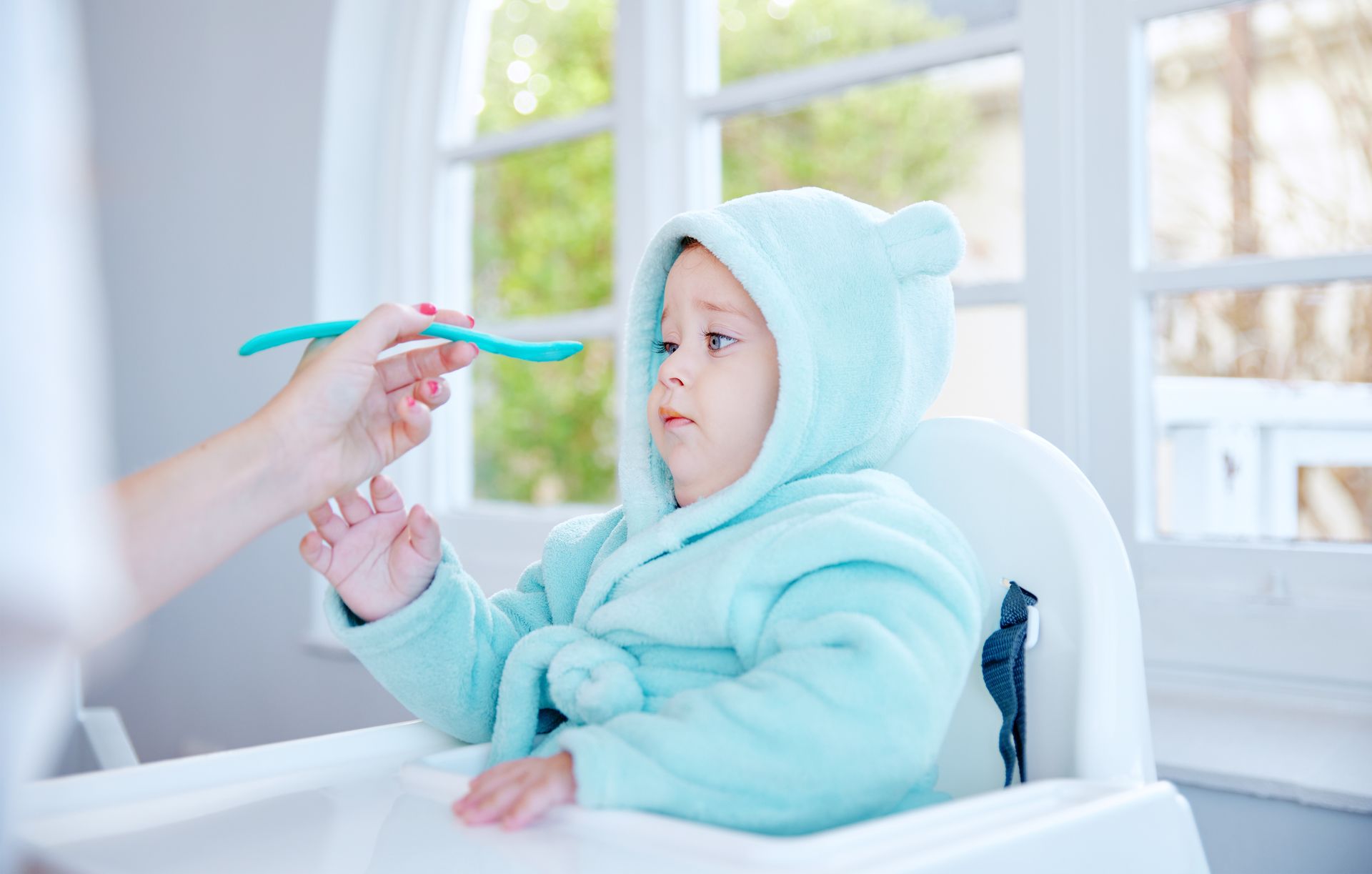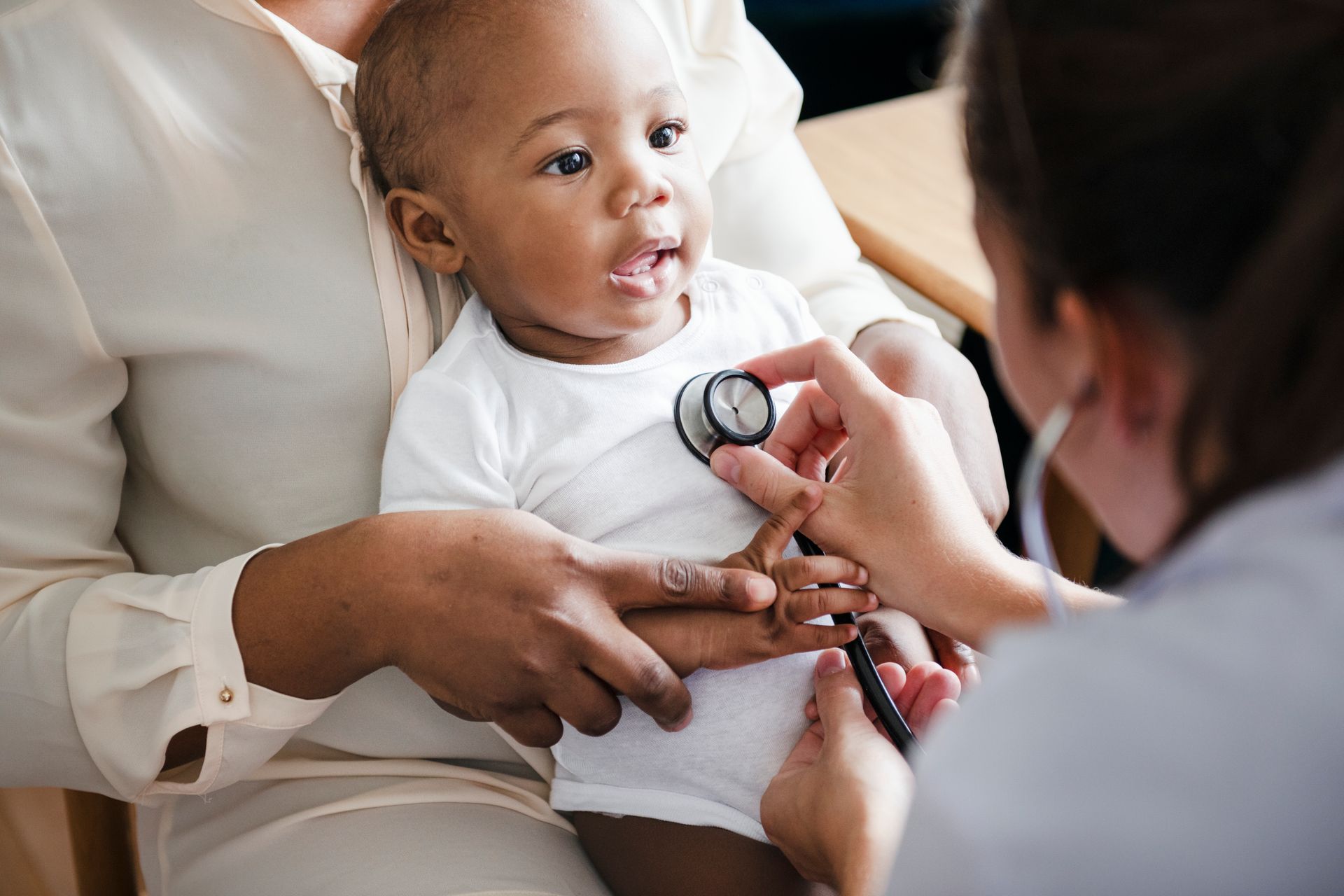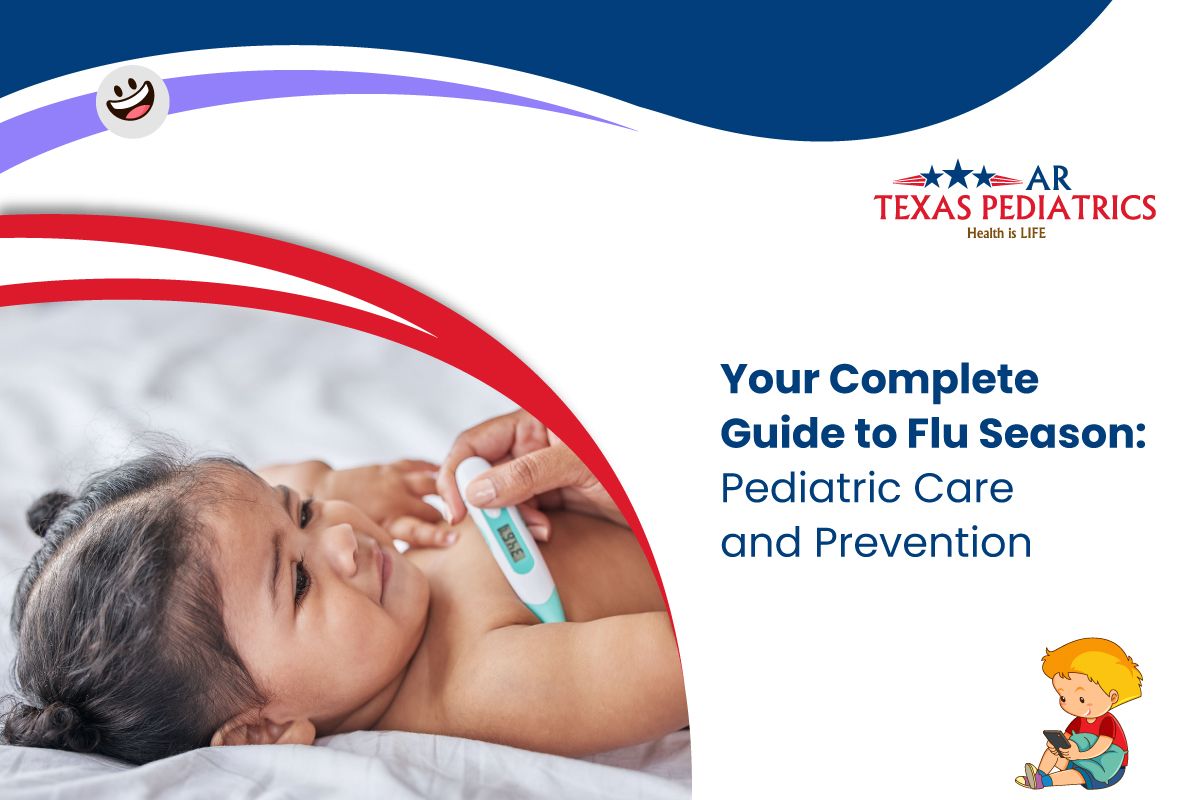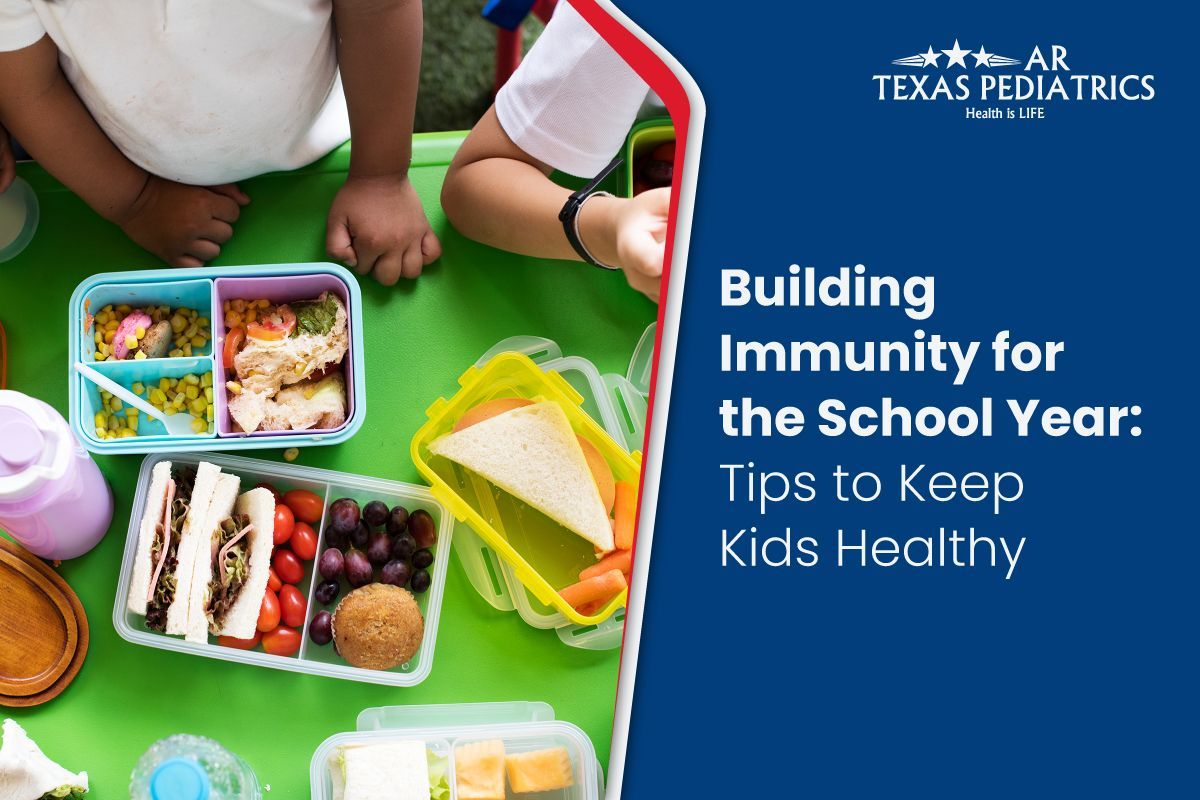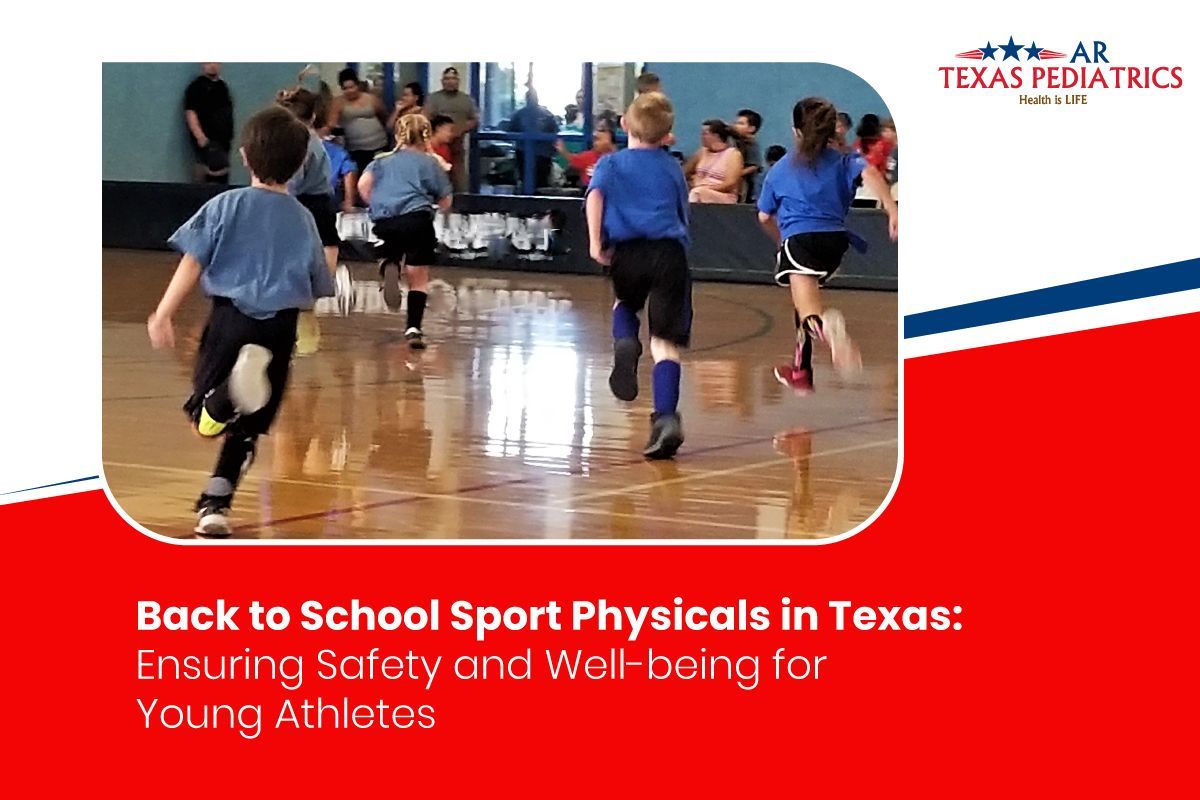
PHONE & EMAIL
The Importance of Sleep for Children's Health and Development
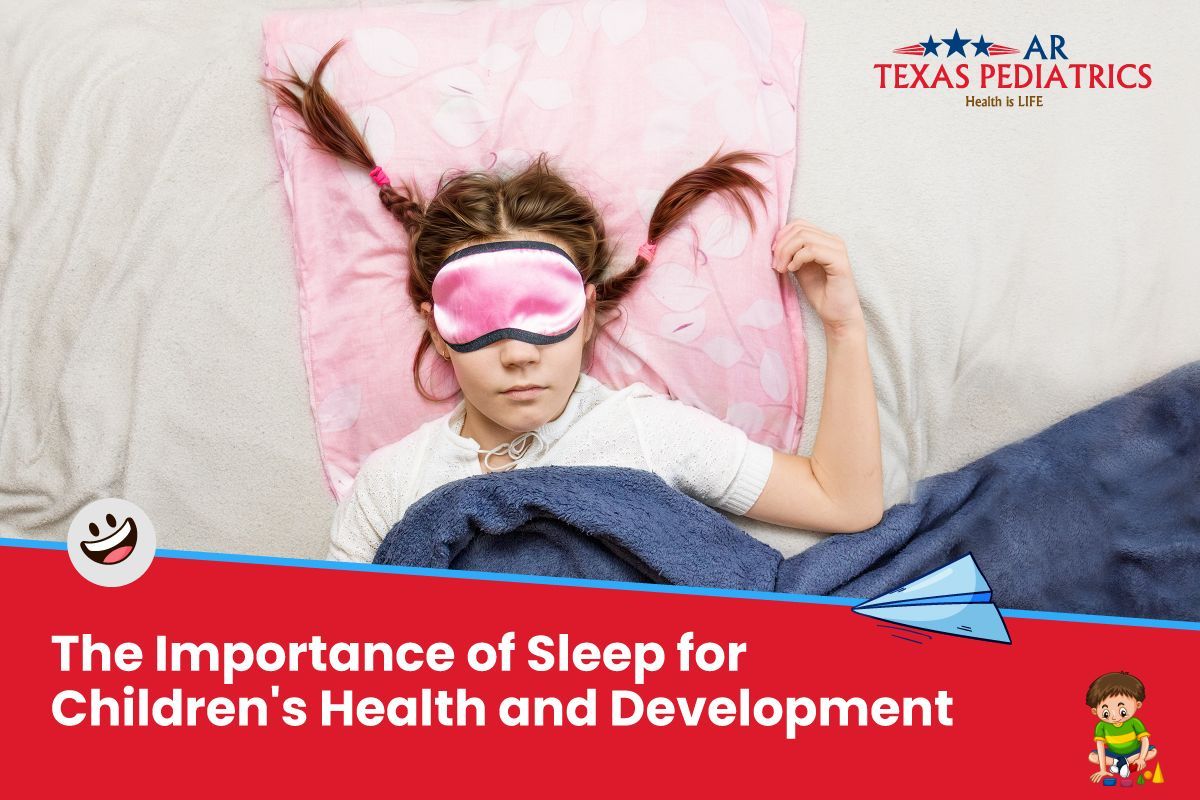
As a parent, you want the best outcome for your child. One of the most essential things you can do for their overall health and development is to ensure they get enough sleep.
In this blog, we'll explore the captivating benefits of a good night's sleep, from enhancing growth to boosting cognitive function and emotional well-being. Join us as we debunk myths, provide expert insights, and equip you with practical tips to create a sleep-friendly environment. Say farewell to restless nights and hello to a well-rested, thriving child.
Why is Sleep Important for Kids
How important is sleep? Childhood sleep is just as essential as food and exercise is for your child. There is an increased chance of developing illnesses such as heart disease and diabetes by habitually lacking proper sleep.
A
study found that children who received less than the recommended amount of sleep had more difficulties with the following:
- verbal inventiveness
- problem-solving
- behavioral inhibition
- overall IQ
Their physical and mental health and their development as a whole depend on them getting enough sleep. So, why is sleep important for kids? It helps your child's body and brain develop properly, giving them the energy to:
- learn
- play
- be happy
Benefits of Sleep for Your Child
A good diet and enough sleep are essential for your child's body to develop and function efficiently, particularly during rapid change.
The ability to
produce growth hormones is among the benefits of getting enough sleep. Other sleeping benefits that improve your child’s health are:
- Physical well-being: Sleep benefits every area of your child's body in some way. Children's bodies grow and repair themselves as they sleep, making sleep an essential component of their health and development.
- Mental Health: Adequate sleep benefits children's mental health. It also helps them to stay focused and causes emotional stability.
- Academic Success: Children who obtain the recommended amount of sleep show they do well and outperform their sleep-deprived peers academically.
- Behavioral Management: Children who don't get enough shut-eye may exhibit irritation, impulsive behavior, and problems controlling their behavior.
- Immune System: Enough sleep is critical for a healthy immune system. During sleep, the body creates cytokines, immune-system messenger proteins that help fight off illness. Also, sleep deprivation has a link to immune system disruption and other health issues.
- Obesity Risk: Good health and weight maintenance can rely on a good night's sleep. Children who lack sleep are more likely to gain weight and become obese. If your child has enough sleep, this will reduce their obesity risk.
- Athletic Skills: Sleep will enhance children's physical performance, stamina, and reaction time. According to a study, both increased quantity and quality of sleep help athletes improve their performance in many ways linked to the demands of their sport.
Further, getting enough sleep is essential for the development of young minds. It impacts your child's happiness, and research shows it also affects the following:
- alertness
- attention
- cognitive function
- mood
- resiliency
- language skill
- memory
While for toddlers, napping is crucial for
- memory consolidation
- executive function
- motor skills
Also, sleep plays a significant role in the growth of your infants. Encouraging your children to prioritize sleep can improve their health and happiness.
Tips for Good Sleep
Getting kids to fall asleep can be challenging, while others struggle with staying asleep. Children's sleep requirements shift as they age. Still, studies show that regular bedtime routines are suitable for all ages, from the fussy-tired 2-year-old to the active adolescent.
Have a consistent schedule so your child knows what to expect from the day. Here are other
ways to ensure your child gets a good night's sleep:
- Make sure the bedroom is calm and quiet.
- Maintain a regular schedule for sleeping and getting up, even on the weekends.
- Put away the TV, phone, tablet, and laptop.
- Avoid large meals and caffeine close to bedtime.
- Keeping youngsters busy during the day will help them sleep better at night.
- Set a good example for children's sleep habits.
- Establish soothing pre-sleep rituals like a hot bath, a thorough dental cleaning, and reading a calming story.
- At bedtime, please turn out all lights.
Even if you implement good sleeping practices, a kid can still have difficulty falling or staying asleep for various reasons. The
following underlying medical disorders can disrupt a child's slumber.
- sleep apnea
- restless leg syndrome
- anxiety
In this case, you should
schedule a consultation with a pediatrician or sleep specialist.
Debunking Myths on Children's Sleep
Understandably, some parents will seek advice or follow family and friend recommendations to ensure their child sleeps soundly and safely. However, you could unknowingly follow myths that would worsen matters, even though well-meaning friends and relatives are always ready to give you their best advice.
These
sleep facts for kids will clear up some myths.
1. Myth: It's safe and comfortable for your baby to sleep regularly in walkers and car seats.
Fact: Babies shouldn't regularly sleep in
- car seats
- walkers
- swings
- baby carriers
- baby slings
Some of these items put the baby in a position that could make it hard for them to breathe while they sleep.
2. Myth: You can trust sleep-enhancing items on the market to help your baby sleep.
Fact: It is better to be cautious of products or devices sold to help your baby to sleep, such as infant sleep positioners, inclined sleepers, or products with padded or pillow-like bolsters or wedges. Ensure you research commercially available products that have undergone safety evaluation. Recently, angled sleepers were taken off the market because babies died in them.
3. Myth: It's okay for your baby to sleep in your bed.
Fact: The best place for an infant to sleep is in their crib, bassinet, or play yards (playpens), which complies with Consumer Product Safety Commission (CPSC) safety guidelines. Babies should sleep alone on a hard, flat mattress with a tight sheet in their crib, play yard, or bassinet. Keep your baby’s bed clear of
- blankets
- pillows
- baby bumpers
- stuffed animals
- other things that can endanger your baby while sleeping.
What Is the Suggested Amount of Sleep for a Child?
Since your child should have enough sleep, which is essential for their growth and development, the American Academy of Pediatrics recommends the following amount of sleep according to their age:
- Infants younger than one year: 12–16 hours
- Children aged 1 to 2: 11 to 14 hours
- Children age 3 to 5: 10 to 13 hours
- Children age 6 to 12: 9 to 12 hours
- Teenagers aged 13 to 18: 8 to 10 hours
Entrust Your Child’s Sleep Issues to the Experts
If your child has sleep problems, you should look for a "children's clinic near me" or a "sleep doctor in Houston, Texas," You'll find AR Texas Pediatrics, the best pediatric clinic in the area.
Lack of sleep makes your child's health and development too important to risk. If your child is having trouble sleeping, bring them into our clinic so that we can help. Call (281) 484-7619 or click
here to make an immediate appointment.

Grow Your Career with Us
We offer exceptional pediatric services across Houston. Be part of our dedicated team and help foster healthier futures for children.
Quick Links
Services
Services
Address:
HOUSTON:
Quick Links
Services
Contact Info:
AR Texas Pediatrics | All Rights Reserved





